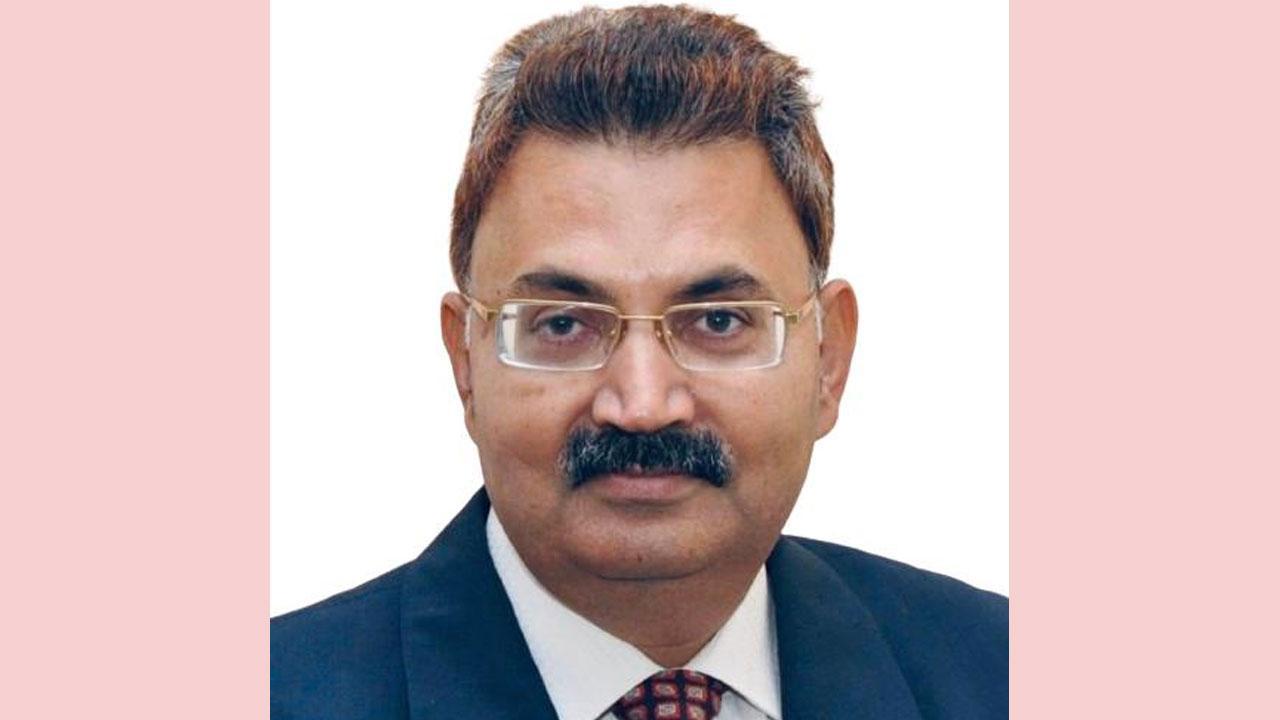Mr. Kumar outlined how the combined expertise of India, Singapore, and Japan could revolutionise urban living.

Satyendra Kumar
Today, in a compelling speech at the Building India Summit, Satyendra Kumar articulated a bold vision for the future of urban development. He proposed that a strategic collaboration between India, Singapore, and Japan could be the cornerstone in developing the smart cities of tomorrow. This potential partnership, he emphasised, would bring together the best of each nation’s strengths to create innovative, sustainable, and technologically advanced urban environments.
A Vision for Tri-Nation Collaboration
During his address, Mr. Kumar outlined how the combined expertise of India, Singapore, and Japan could revolutionise urban living. “India’s dynamic urban growth, Singapore’s leadership in smart city innovation, and Japan’s cutting-edge technological advancements can together redefine what it means to live in a city. This collaboration would not just pave the way for smart cities but create a blueprint for sustainable urban development worldwide,” Mr. Kumar stated.
Strategic Areas of Focus
Mr. Kumar highlighted several key areas where the collaboration could make a significant impact:
1. Sustainable Infrastructure: The partnership could lead to the development of infrastructure that is both resilient and sustainable, integrating Japan’s advanced engineering, Singapore’s efficient urban planning, and India’s large-scale infrastructure projects.
2. Technological Integration: Leveraging Japan’s technology leadership, Singapore’s smart city initiatives, and India’s growing digital ecosystem, the collaboration could introduce cutting-edge solutions for energy management, transportation, and public services.
3. Smart Mobility: With Japan’s expertise in automotive technology, Singapore’s public transportation systems, and India’s scale, the collaboration could lead to the creation of smart mobility solutions that reduce congestion, lower emissions, and enhance connectivity.
4. Cultural and Knowledge Exchange: Mr. Kumar emphasised the importance of fostering a culture of innovation and learning, suggesting joint research initiatives, knowledge-sharing platforms, and capacity-building programs that could benefit all three nations.
Strengthening Regional Cooperation
Mr. Kumar also pointed out that this collaboration could strengthen the ties between India, Singapore, and Japan, contributing to regional stability and economic growth. “This partnership is not just about building smart cities; it’s about building stronger, more resilient relationships between our countries, and driving progress across Asia,” he said.
A Call to Action
In closing, Mr. Kumar urged leaders and stakeholders from all three nations to explore the possibilities of this collaboration. “The cities of the future require the vision and cooperation of today. Together, India, Singapore, and Japan can set a new standard for smart, sustainable urban development that the world will follow,” he concluded.
Satyendra Kumar is widely admired for his expertise and leadership. His extensive experience in public works department has provided him with a deep understanding of urban development challenges and opportunities. His insights and forward-thinking approach have made him a respected figure in the field of finance and public administration.
 Subscribe today by clicking the link and stay updated with the latest news!" Click here!
Subscribe today by clicking the link and stay updated with the latest news!" Click here!








